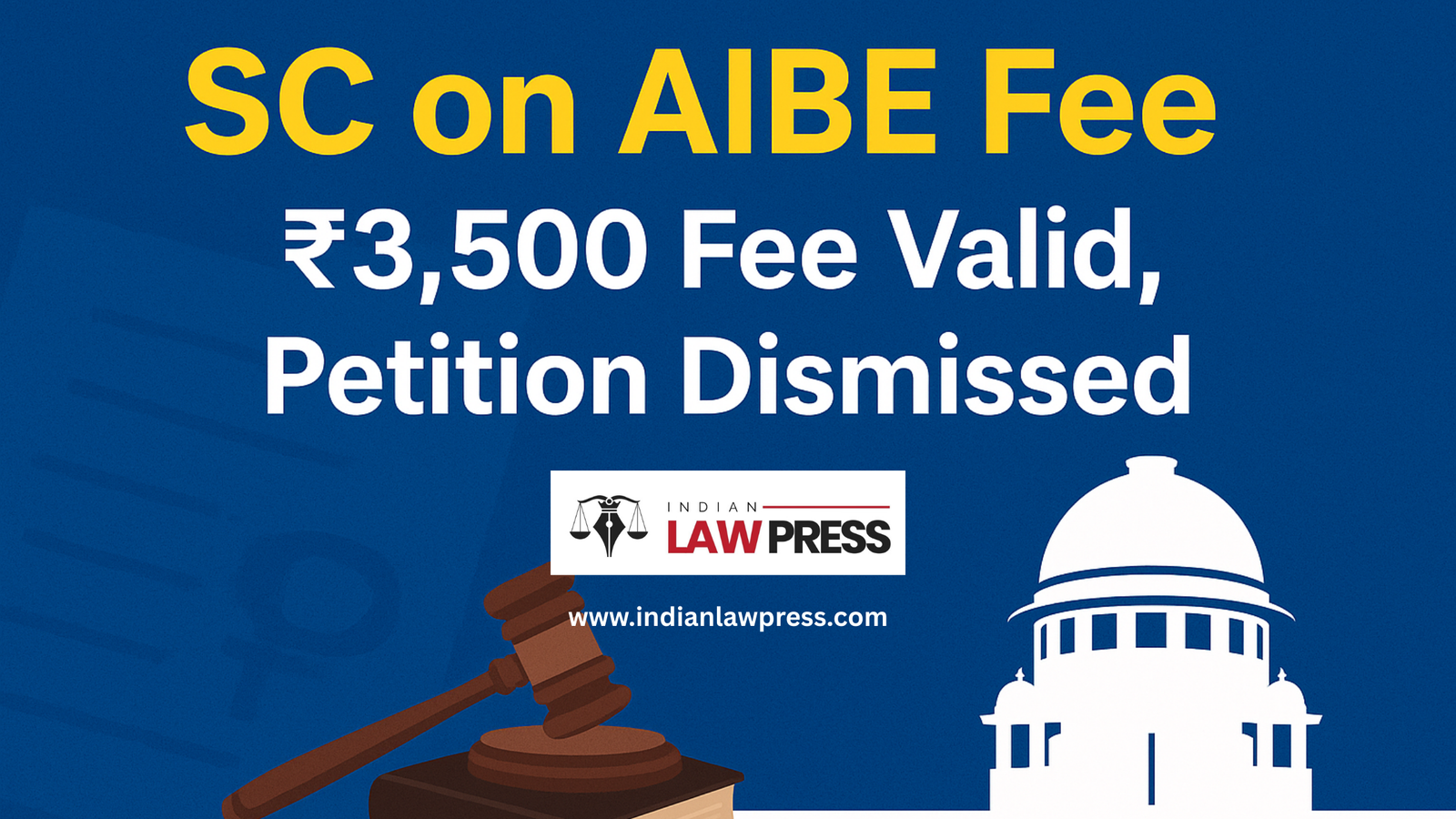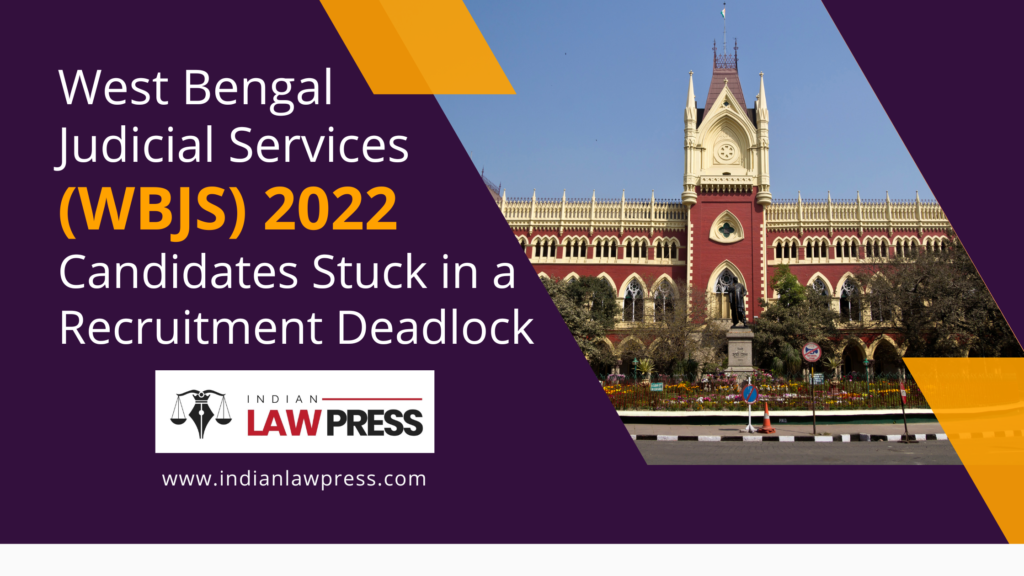The Supreme Court has upheld the Bar Council of India’s right to charge ₹3,500 for the All-India Bar Examination (AIBE), dismissing a petition that challenged the fee. Here’s what law students need to know about the judgment.
The Supreme Court of India, on September 2, 2025, dismissed a petition challenging the ₹3,500 examination fee and other incidental charges levied by the Bar Council of India (BCI) for the All-India Bar Examination (AIBE).
A bench comprising Justice JB Pardiwala and Justice Sandeep Mehta upheld BCI’s stand that the earlier judgment in Gaurav Kumar v. Union of India (which limited enrolment fees to ₹750) does not apply to AIBE fees.
What Was the Petition About?
The plea was filed by Advocate Sanyam Gandhi, who appeared in person before the Court. He argued that:
- Charging ₹3,500 as AIBE fees violated the principles laid down in the Gaurav Kumar case.
- The earlier judgment had fixed enrolment fees at ₹750 for general category candidates and ₹125 for SC/ST candidates.
- The AIBE fee structure allegedly went against Articles 14 and 19(1)(g) of the Constitution and Section 24(1)(f) of the Advocates Act, 1961.
Supreme Court’s Observations
During the hearing, Justice Pardiwala questioned the petitioner on why he was not directly relying on the Gaurav Kumar ruling.
Senior Advocate S. Gurukrishna Kumar, representing the BCI, clarified that:
- The Gaurav Kumar judgment was limited to enrolment fees under Section 24 of the Advocates Act, 1961.
- The ruling did not cover AIBE fees, which involve separate administrative and operational costs for conducting the nationwide exam.
The Court accepted this reasoning and dismissed the petition.
A Light-Hearted Remark from the Bench
In a lighter moment during the proceedings, the bench told the petitioner:
“Mr. Gandhi, you pay the ₹3,500 now. As a lawyer you will earn ₹3,50,00,000 in the future.”
This remark drew attention to the fact that the fee amount was not unreasonable when compared to the potential earnings of practicing advocates.
Previous Court Directions
Earlier, on February 24, 2025, the Supreme Court had directed the petitioner to first approach the BCI with his representation. The Court allowed him to come back only if his representation was rejected or not addressed in a reasonable time.
Case Details
- Case Title: Sanyam Gandhi v. Union of India and Anr.
- Case No.: W.P.(C) No. 28/2025
Key Takeaway for Law Students
The judgment clarifies that AIBE fees are distinct from enrolment fees. While enrolment fees are statutorily capped, AIBE fees are meant to cover the logistical and administrative expenses of conducting the exam.
For aspirants of the legal profession, this ruling means that the current ₹3,500 AIBE fee remains valid and enforceable.






